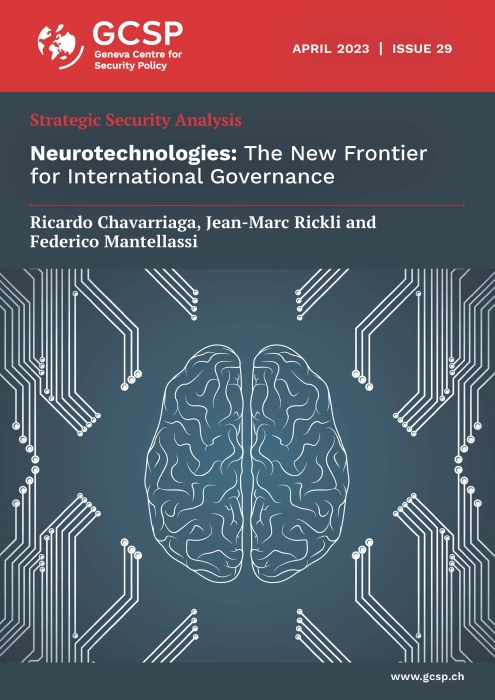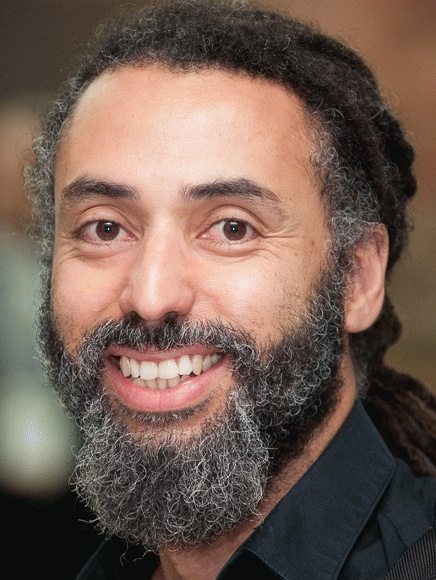Neurotechnologies: The New Frontier for International Governance
11 April 2023
Key points
- Advances in neuroscience and artificial intelligence (AI) are leading to the rapid development of neurotechnologies that are giving us unprecedented access to and understanding of our brains. With this comes the capability to decode, alter or enhance targeted cognitive processes.
- Broad positive medical applications stem from this, such as the potential curing of mental disorders, or the regaining of lost mobility through the operation of new-age prosthetics controlled with brain-computer interfaces. However, access to mental processes presents us with unprecedented privacy, ethical and security risks.
- New governance frameworks to govern the development and use of neurotechnologies are required to ensure the risks stemming from these new technologies are mitigated before their broad adoption.
- These governance frameworks should be participatory, flexible, global, inclusive, multilateral and multistakeholder. Given the heterogeneity of the technologies in question, their applications and the actors involved in the field, the seamless integration of different governance instruments could be necessary. Additionally, these efforts should not be siloed from governance in seemingly separate – but converging – technological fields such as AI.
Disclaimer: The views, information and opinions expressed in this publication are the author’s/authors’ own and do not necessarily reflect those of the GCSP or the members of its Foundation Council. The GCSP is not responsible for the accuracy of the information.




